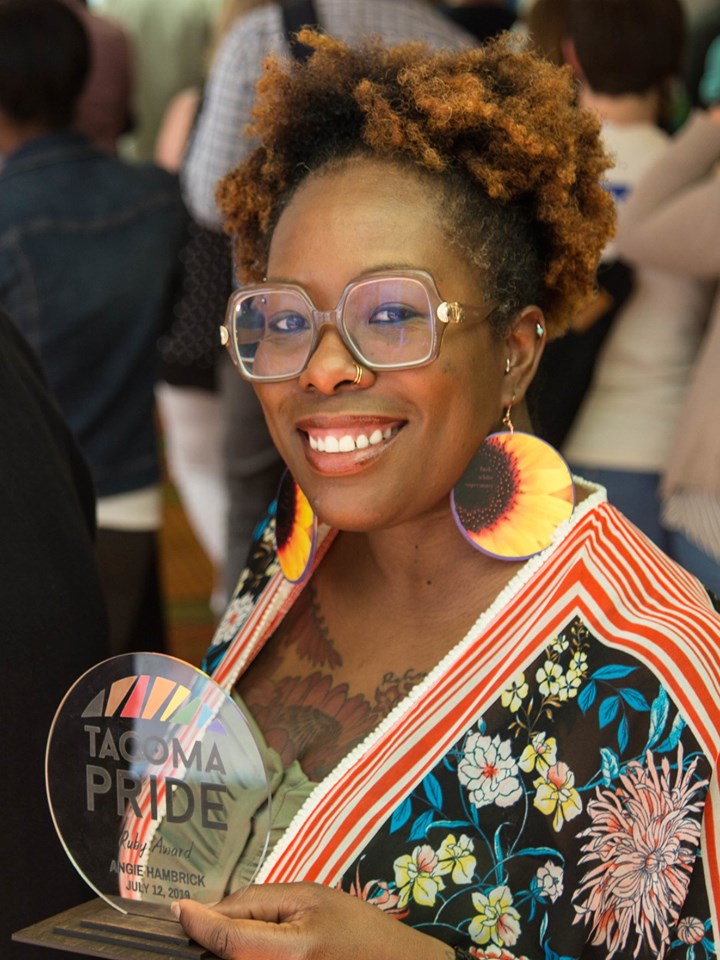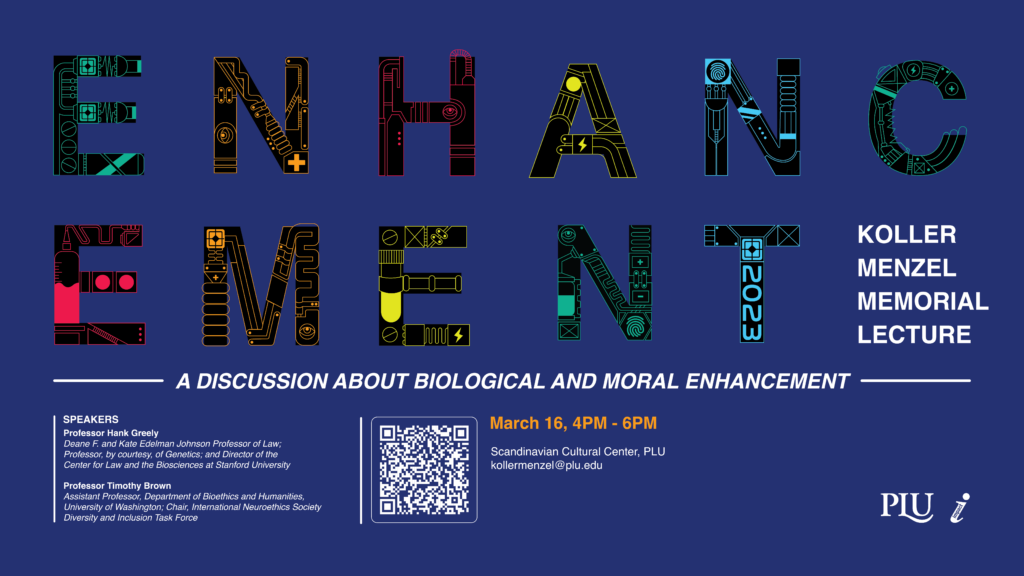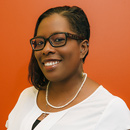Page 204 • (12,489 results in 0.049 seconds)
-
computer programming and problem-solving using real datasets from a variety of domains such as science, business, and the humanities. Introduces the foundations of computational thinking, modeling and simulation, and data visualization. CSCI 144: Introduction to Computer Science– An introduction to computer science including problem solving, algorithm design, object-oriented programming, numerical and non-numerical applications, and use of data files. Ethical and social impacts of computing. ENG 323
-
Courses PSYC 101 : Introduction to Psychology - ES An introduction to the scientific study of behavior and mental processes. Topics include learning, memory, perception, thinking, development, emotion, personality, mental illness, and social behavior. (4) PSYC 242 : Advanced Statistics and Research Design A continuation of Statistics 232 and accompanying lab taught by members of the psychology department. Topics include single- and multi-factor experimental designs and analyses of variance
-

services that enrich the university’s efforts to become a more diverse, socially just, and sustainable living, learning, and working community. She provides strategic vision on matters related to diversity, social justice, and inclusion on campus and is a prominent leader of the university, building strategic, intentional, and sustainable coalitions for social justice education and change. A Midwest girl for life, Angie is currently pursuing a Doctorate in Higher Education from Azusa Pacific University
-
The College of Professional Studies Connecting Passion, Purpose, and Profession The College of Professional Studies houses the School of Business; School of Education; School of Music, Theatre & Dance; Department of Communication, Media & Design Arts; Innovation Studies; and Center for Media Studies. Mission Statement The College of Professional Studies is a dynamic and inclusive community of educators, artists, learners, and professionals dedicated to educating and empowering students to
-

diversity, equity, and inclusion efforts within the International Neuroethics Society. Brown’s interdisciplinary research includes the potential impact of neurotechnologies on end users’ agency and embodiment, and the potential to exacerbate or create social inequities. Brown works at the intersection of biomedical ethics, philosophy of technology, (black/latinx/queer) feminist thought, and aesthetics. He recently won an essay contest for a piece titled “Moral Bioenhancement as Potential Means of
-

initiates, manages, and supports programs, initiatives, and services that enrich the university’s efforts to become a more diverse, socially just, and sustainable living, learning, and working community. She provides strategic vision on matters related to diversity, social justice, and inclusion on campus and is a prominent leader of the university, building strategic, intentional, and sustainable coalitions for social justice education and change. A Midwest girl for life, Angie is currently pursuing a
-
Tuition and Fees for Graduate Programs at PLU ProgramTuition 2024-2025How to Apply Business – Master of Business AdministrationProgram CostApply to the MBA Business – Master of Business Administration in Management Science and Quantitative MethodsProgram CostApply to the MBA Creative Writing – Master of Arts in Creative WritingProgram CostApply to the MFA Education – Master of Arts in Education Residency CertificationProgram CostApply to the MAE Education – Master of Arts in Education
-
Common Higher Education Definitions A B C D E F G H I J K L M N O P Q R S T U V W X Y Z A Academic Year The annual period during which a student receives formal education typically consists of two semesters or three quarters. PLU currently operates on a 4-1-4 calendar, which includes two 15-week semesters and a month-long term in January. Find specific academic dates and deadlines on the academic calendar. Accredited Officially recognized or authorized by an accrediting body as maintaining
-
The History of Learning Is ForEverIn April 1998, Learning Is ForEver affiliated with Pierce College’s Continuing Education Department. Pierce College invited citizens of the county to join in the planning process for a Lifetime Learning Institute (LLI). Twelve individuals met in November 2000 to begin learning how to launch an Elderhostel “at home” program (Currently called Road Scholar’s LLI). Members of the Edmonds College LLI provided valuable assistance with the non profit paperwork
-
AccreditationThe BSW program at PLU has been accredited by the Council on Social Work Education since 1975. This offers students a curriculum that is up-to-date, passes national review, and allows students with excellent grades to apply for advanced-standing, one-year MSW programs nationwide.Assessment of Student Learning OutcomesQuick Links Council on Social Work Education National Association of Social Workers International Federation of Social WorkersStrong Field ProgramDuring their senior
Do you have any feedback for us? If so, feel free to use our Feedback Form.


